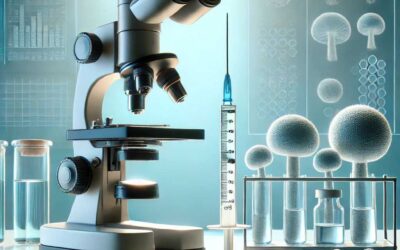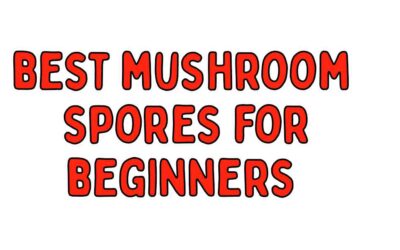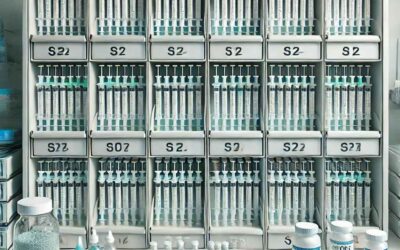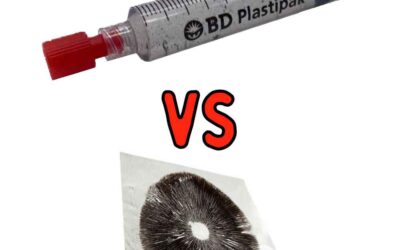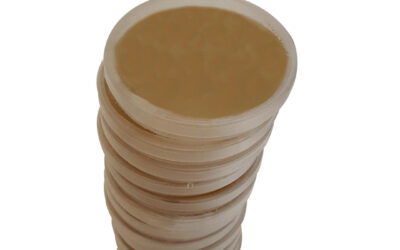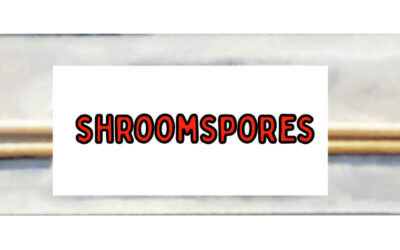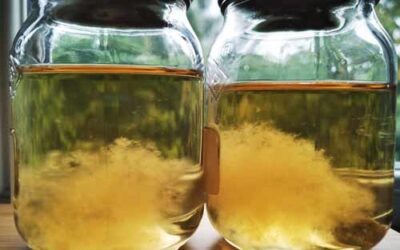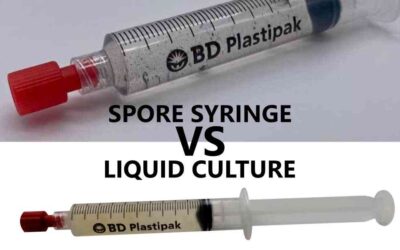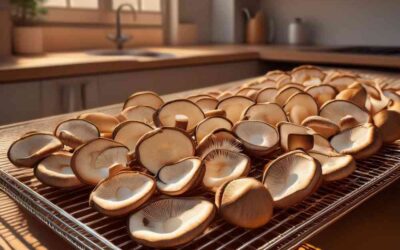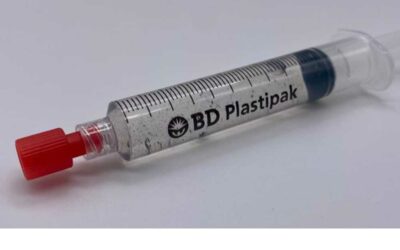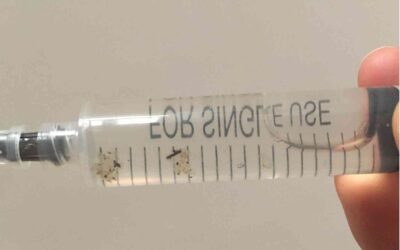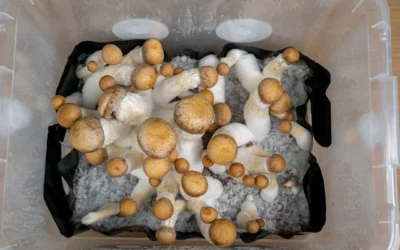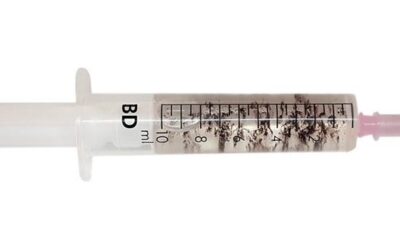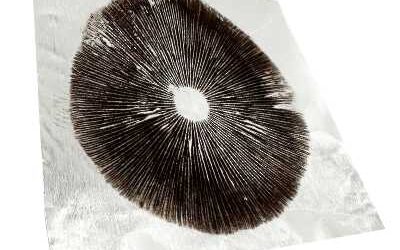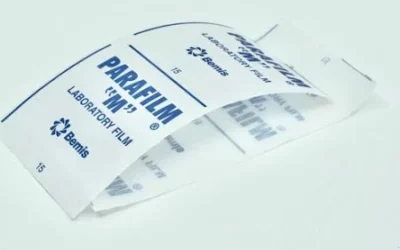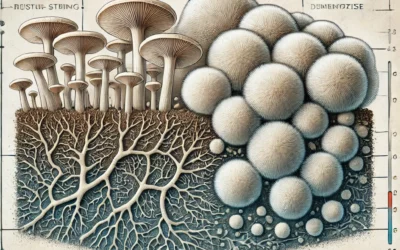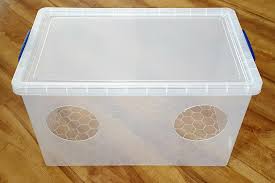Blog
Mushroom Spore Microscopy
Unlock the hidden world of mushroom spores with microscopy! This guide walks you through the essentials of examining spores under a microscope, from preparing slides to identifying key characteristics like shape, size, and texture. Whether you’re a mycology enthusiast or a researcher, understanding spores at a microscopic level can provide valuable insights into fungal taxonomy and genetics. Learn the best techniques, recommended equipment, and where to find high-quality spores for study.
Best Mushroom Spores For Beginners
Choosing the right mushroom spores as a beginner can make all the difference in your microscopy and taxonomy studies. In this guide, we break down the best beginner-friendly spore strains, including Golden Teacher, B+, and Mazatapec, explaining what makes them ideal for observation. Learn what to look for in high-quality spores, the benefits of spore syringes vs. spore prints, and where to find lab-tested, sterile samples. Start your journey into the fascinating world of fungal microscopy with confidence!
How to Store Mushroom Spores for Long-Term Viability
Proper spore storage is essential for long-term viability. Learn the best ways to store spore syringes, spore prints, and spore swabs to keep them viable for years. Discover expert tips on temperature, humidity, and contamination prevention.
Spore Prints VS Spore Syringes
When it comes to studying mushroom spores, two popular options are spore prints and spore syringes—but which one is better? In this guide, we break down the differences, pros, and cons of each to help you decide. Whether you’re looking for long-term storage, a cost-effective option, or a ready-to-use solution, we’ll cover everything you need to know. Read on to find out which spore option suits your research needs best!
Can Mushrooms Help With ADHD?
Mushrooms, particularly psychedelic mushrooms containing psilocybin, have been gaining attention as a potential aid for ADHD (Attention-Deficit/Hyperactivity Disorder). In this article we will explore how both psychedelic and functional mushrooms can potentially help ADHD.
How to Make Agar Plates
Agar plates are a must-have tool for anyone working with spores, offering a clean and nutrient-rich surface for cultivation and research. Learn how to make your own here.
How To Use Spore Swabs
Spore swabs are a simple yet essential tool for collecting and transferring mushroom spores. In this guide, we’ll show you how to use spore swabs effectively, step by step, while ensuring sterility to avoid contamination.
How to Make a Liquid Culture
Learn the benefits of using liquid culture with a step by step guide on how to make it yourself..
What’s the Difference Between Spore Syringes and Liquid Culture?
When exploring the world of mycology, understanding the difference between spore syringes and liquid cultures is essential. Spore syringes contain spores suspended in sterile water, offering versatility and a longer shelf life, while liquid cultures contain actively growing mycelium, delivering faster results and consistency. Whether you’re a beginner seeking simplicity or an experienced enthusiast aiming for efficiency, this guide breaks down their features, benefits, and storage tips to help you make an informed choice.
How To Dry Mushrooms
Drying mushrooms is essential for preserving their quality, flavor, and shelf life. This guide explores the most effective ways to dry mushrooms, from low-cost options to advanced techniques, and provides tips for ensuring your mushrooms stay fresh for months. Learn how to achieve perfectly dried mushrooms and store them properly for long-term use.
How to Store Spore Syringes
Read about all the things to consider when storing your spore syringes.
How To Tell If A Spore Syringe Is Contaminated
Spore syringes are essential tools for mushroom cultivation. However, one of the biggest concerns for growers is contamination. Contaminants can ruin your cultivation efforts, leading to wasted time, money, and resources. In this guide, we’ll walk you through how to identify contamination in a spore syringe and what steps you can take to avoid it.
How To Make A Monotub
Monotubs are one of the most popular and beginner-friendly setups for growing mushrooms at home. Learn how to make your own one here!
How To Make A Spore Syringe
Learn how to make your very own spore syringes with this comprehensive guide.
How To Make A Spore Print
Creating a spore print is a simple yet fascinating process. Ready to get started? Follow our step-by-step guide to master this essential mushroom technique!
How To Use Parafilm
Learn how to use Parafilm effectively with this comprehensive guide! Discover tips for sealing petri dishes, maintaining sterility, and optimising Parafilm for mycology and lab use. Perfect for beginners and experts alike.
The Ultimate Guide to Rhizomorphic and Tomentose Mycelium
The Ultimate Guide to Rhizomorphic and Tomentose Mycelium: Understanding Their Differences and What They Mean for Mushroom Cultivation
How To Make A Still Air Box
When it comes to mushroom cultivation, maintaining a sterile environment is crucial. Contaminants like bacteria and mold can quickly derail your grow efforts. Enter the Still Air Box (SAB) — an affordable, easy-to-build tool that creates a contamination-resistant...
Are Magic Mushroom Spores Legal?
In most regions, magic mushroom spores are legal to purchase, possess, and study because they don’t contain psilocybin, the active compound found in mature mushrooms. Since spores don’t naturally contain this psychoactive substance, they’re typically legal for research and microscopy purposes. However, laws vary widely by country, and even by state or region. In this article we will explore this topic in depth.
